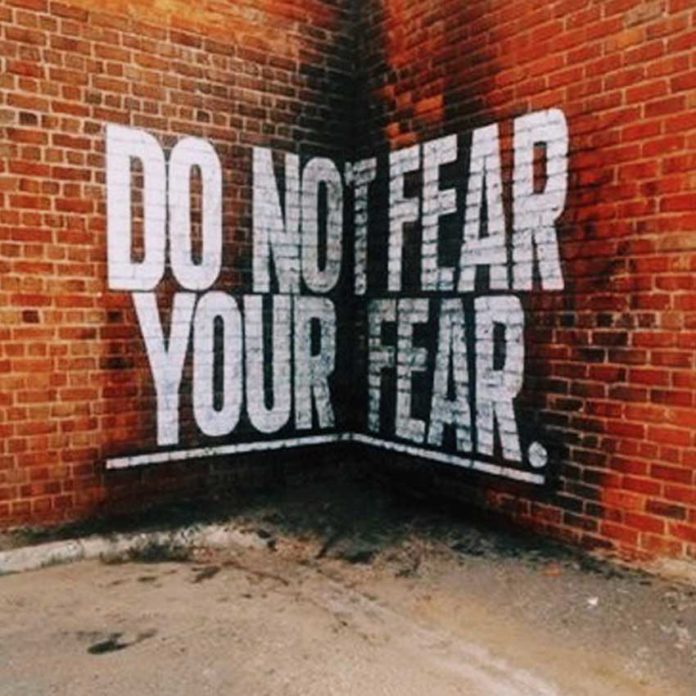
What are you afraid of?
Fear surfaces at an early age. Initially, at around six months old, we become afraid of being separated from our mothers or primary caregiver. Later on, we become afraid of strangers or maybe the dark. Fear is not an unusual phenomenon; in fact, I think that everyone at some stage experiences being afraid. Sadly, that doesn’t make fear any easier to deal with.
About a year ago, I arrived home from a midmorning trip to the supermarket with my two youngest children. I’d been out just under an hour and was popping back to drop off my shopping before heading out to collect my eldest daughter from school. It was a ‘run of the mill’ kind of day but as I turned the key and walked through the front door, I heard a noise coming from inside the house. At first, I couldn’t quite grasp what I had heard but then I realised: Someone was in my home.
Not being sure what to do and suddenly filled with dread, I yelled. I obviously scared whoever it was because as I ran back to my car I heard a commotion inside and by the time I’d called my husband and the police had turned up, the house was empty. We were fortunate. It was a minor incident, and miraculously nothing was taken, but the intruder who broke into my home left something behind. They left fear.
The Fear Factor
Fear is a powerful force. It has the capacity to control and colour every area of our lives. Fear can impact our relationships, our careers, our self-esteem, our finances. Living from a place of fear is never a healthy place to be. Your fear will distort your view of life and your circumstances. It steals all sense of joy and destroys any peace of mind. If left unchecked, fear can spiral out of control and build walls that limit and restrict you at every turn. A life of fear is only ever going to be a half-life, not an experience of fullness or abundance.
Thankfully this is just one side of the coin. Fear is really only as powerful as we allow it to be and can be the motivation for good things. Fear can be the catalyst we need to affect change because it indicates that something isn’t right. Fear also reminds us that we possess something of value that can be damaged or lost, whether it be material possessions, loved ones or our own lives.
Following our break-in I had a choice to make. I could choose to be afraid, allow the fear I felt to convince me that we were helpless and vulnerable and that even though we were spared any damage or loss the first time around, next time we wouldn’t be so fortunate. Or I could realise that even though break-ins happen and we may suffer loss or face difficulties, we are not alone.
The root of the problem
So why are you afraid? Regardless of the nature of your fear, the fact that fear is present suggests a lack of confidence in the things, circumstances or relationships that your fear relates to. Maybe the source of your worry is less about the world you live in and more about where you are placing your trust?
The words, “Do not be afraid,” or, “Fear not,” appear 365 times in the Bible. The context of this encouragement varies but the frequency of those words tells me that God knows something about fear and its ability to affect people. While our trust is placed in things that are uncertain or capable of failure, fear will always be a part of the equation. If, however, our trust is in something that is unchanging and sure then fear loses its foothold.
The Bible encourages us to place our hope and trust in God. It tells us that we can take all our worries to Him because he cares not only about our fears but about us as well. The promise given isn’t that you won’t ever face hardship or that you will be immune from loss or pain but you are assured that everything you face will be used for good if your hope is found in Jesus. This is why in the Bible many times the words, “Don’t be afraid,” are closely followed by, “because God is with you”.
It’s easy to see why you are afraid when you are facing life and its challenges alone, but when you realise that you can face life with Jesus on your side, there is less uncertainty to feed the fear.
